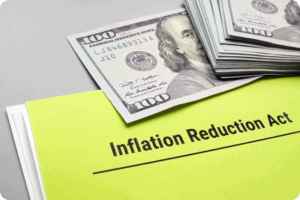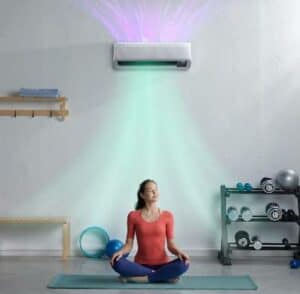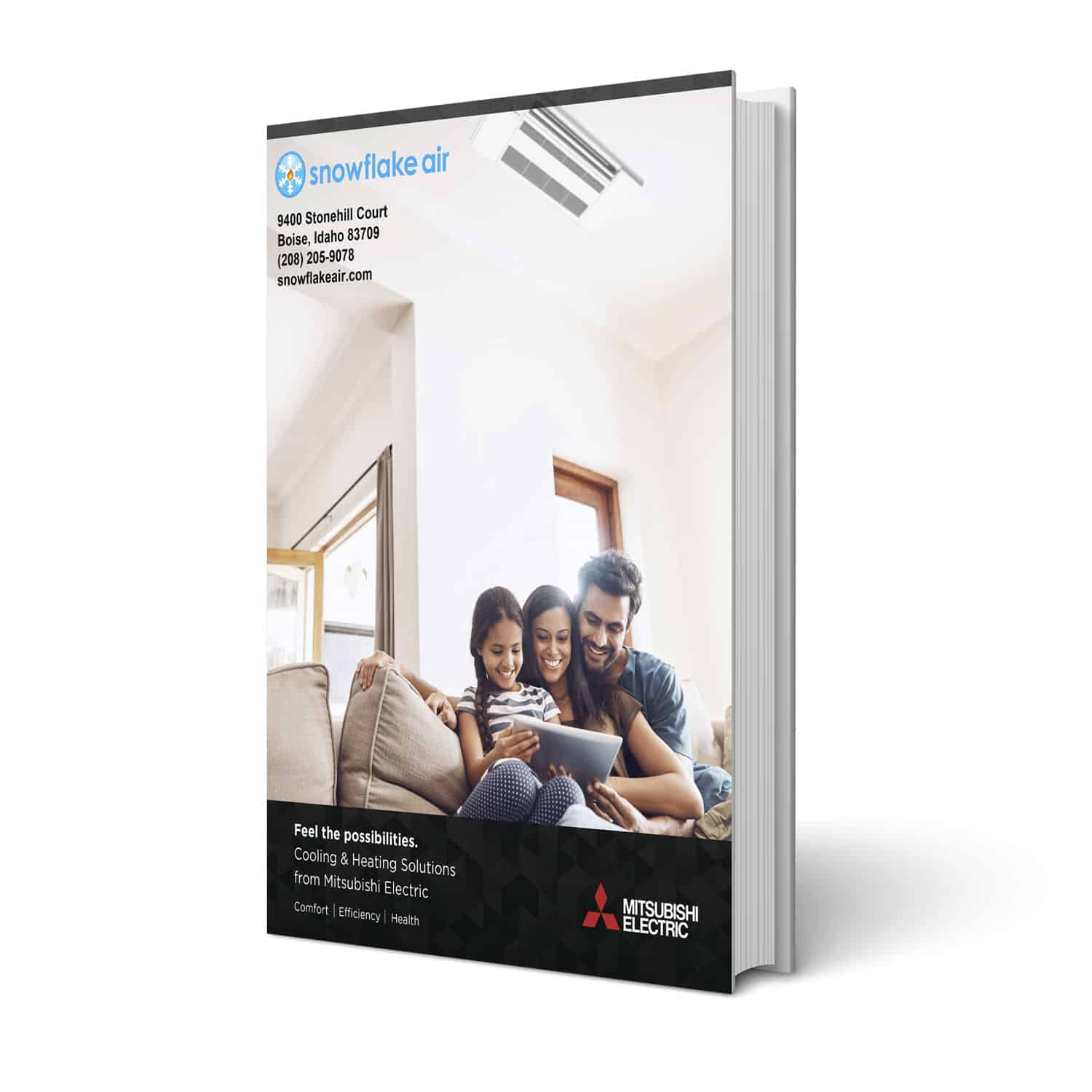 What is the IRA and How Does it Relate to Heat Pumps?
What is the IRA and How Does it Relate to Heat Pumps?
The Inflation Reduction Act was signed into law this past August, as many of us have read about. One of the main points of this bill was to fight climate change.
Reducing our carbon footprint is a great way to slow global warming and climate change, with energy use and emissions being high on the list of things to address.
Though the main focus of this bill will be for businesses to adopt more eco-friendly practices, there is also an incentive for individuals to increase their energy efficiency at home.
There are tax credits available for homeowners who install highly energy-efficient windows, doors, air conditioners, heating systems, and water heaters.
The goal is to take a little burden of the cost away from homeowners and motivate them to use more energy-efficient equipment.
In most cases, people want to become more energy efficient and eco-friendly, but the cost of replacing their current system is just too much. With these tax credits, plus the reduction they’ll see in energy bills, it makes it more economical to make the upgrade to high-efficiency HVAC equipment
Energy Efficiency Home Improvements (The Nonbusiness Energy Property Tax Credit)
This is the credit that encourages homeowners to make these improvements in energy efficiency for their homes. Different improvements warrant different credits, depending on what you decide to upgrade.
For instance, you are going to receive a larger credit for a larger expenditure. A geothermal heat pump can lead to a credit of up to $2,000, while an energy-efficient door is only going to get $500.

Here are some of the key points:
- The credit has been revived and made retroactive for 2022 (at the original 10%)
- Beginning in 2023, the credit increases to 30% of the total installation costs through 2032
- A lifetime cap of $500 will be replaced by a cap of $600 per measure, with a $1,200 annual total limit (exceptions listed below)
- Eligible services and home improvements include:
- Heat pumps and heat pump water heaters ($2,000 credit)
- Insulation and air sealing
- Energy audits ($150 credit)
- Energy-efficient HVAC systems (including furnaces, boilers, and central AC)
- Electrical panel upgrades
- Energy-efficient windows and doors ($500 credit for doors)
Home Electrification Rebate Program
There are also rebates available to homes that make upgrades to electrical equipment. The IRA provides $4.5 billion to state energy offices to establish rebate programs. Homes are eligible for up to $14,000 in rebates, with certain caps on different equipment.
There are income-based caps on these rebates. If a household income is less than 80% of an area’s median income, they will be eligible for 100% of the rebate. If the household makes between 80-150% of the area’s median income, they can qualify for half of the rebate.
- $8,000 for heat pumps used for heating, ventilation, and air conditioning (HVAC);
- $1,750 for a heat pump water heater;
- $840 for an electric cooktop, range, or oven; or electric heat pump clothes dryer;
- $4,000 for an electric panel upgrade;
- $2,500 for wiring; and
- $1,600 for insulation, air sealing, and ventilation
Obviously, us being an HVAC contractor, we can not help you out with every one of these upgrades, but there are certainly a few in our wheelhouse!
What Should You Do Next If You Want To Upgrade?
If you want to upgrade your HVAC equipment, the next step should be to contact a contractor. We don’t think you should necessarily have your upgrade done right away, but you should ask your contractor what is the best option to save on your new installation.
The answer may be to wait until the increase in credits in 2023. The best thing you can do right now is plan. Get an idea of what system you want, and what it’s going to cost.
If you aren’t in desperate need of a new heating system right away, this can be an incredible opportunity to upgrade your HVAC system and save more money than is usually possible.
To learn a little more, give us a call at (208) 205-9078, or visit us at www.snowflakeair.com.
Snowflake Air specializes in mini split installations in Boise Metro and Valley County in Idaho.




